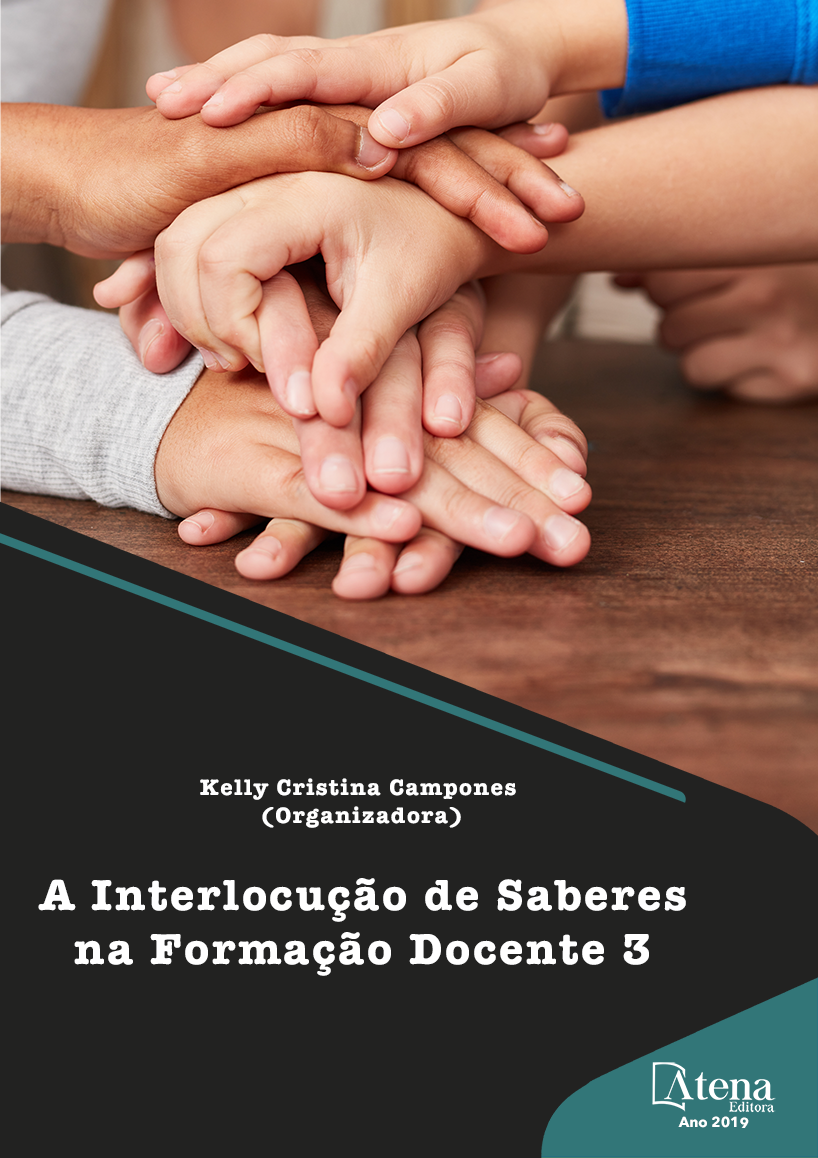
ADESTRAMENTO E EDUCAÇÃO EM WITTGENSTEIN: UMA POSSIBILIDADE FRENTE ÀS INCERTEZAS DO CONSTRUTIVISMO.
O filósofo da educação inglês
Christopher Winch faz críticas aos movimentos
pedagógicos que valorizam o aprendizado
autônomo. Segundo ele, a ideia de uma
aprendizagem baseada em uma construção
independente do aluno seria uma perigosa
ilusão. Winch encontra fundamento de suas
críticas em Wittgenstein, que vê na práxis do
adestrar, importância central. Numa visão
wittgensteiniana, educar é mais do que ensinar,
explicar. Envolve o conceito de adestramento,
ou seja, a iniciação da criança em um
contexto social e cultural de aprendizagem:
social porque, na medida em que a criança
aprende, não o faz sozinha, mas com outras
pessoas; cultural porque ao ser educada, a
criança toma parte da tradição cultural de uma
comunidade, participando da forma de vida
dessa comunidade
ADESTRAMENTO E EDUCAÇÃO EM WITTGENSTEIN: UMA POSSIBILIDADE FRENTE ÀS INCERTEZAS DO CONSTRUTIVISMO.
-
DOI: 10.22533/at.ed.34119140819
-
Palavras-chave: Construtivismo, Wittgenstein, Adestramento, Educação.
-
Keywords: Constructvism, Wittigenstein, training, education
-
Abstract:
The English philosopher of
education Christopher Winch criticizes the
pedagogical movements that value autonomous
learning. According to him the idea of learning
based on an independent construction of the
student would be a dangerous illusion. Winch
basis his critics in Wittgenstein, who sees
a central importance in learning practice. In
Wittgenstein’s view, education is more than
teach, explain. It involves the concept of training,
ie, the initiation of the child in a social and cultural
context of learning: social because, as the child
learns, is not alone but with others,and cultural
because in the learning process a child takes
part of the cultural tradition of a community,
participating in the lifestyle of this community.
-
Número de páginas: 15
- Carolina Fragoso Gonçalves
- Lenilson Alves dos Santos
- Thiago Fragoso Gonçalves
- CAROLINA FRAGOSO GONÇALVES


